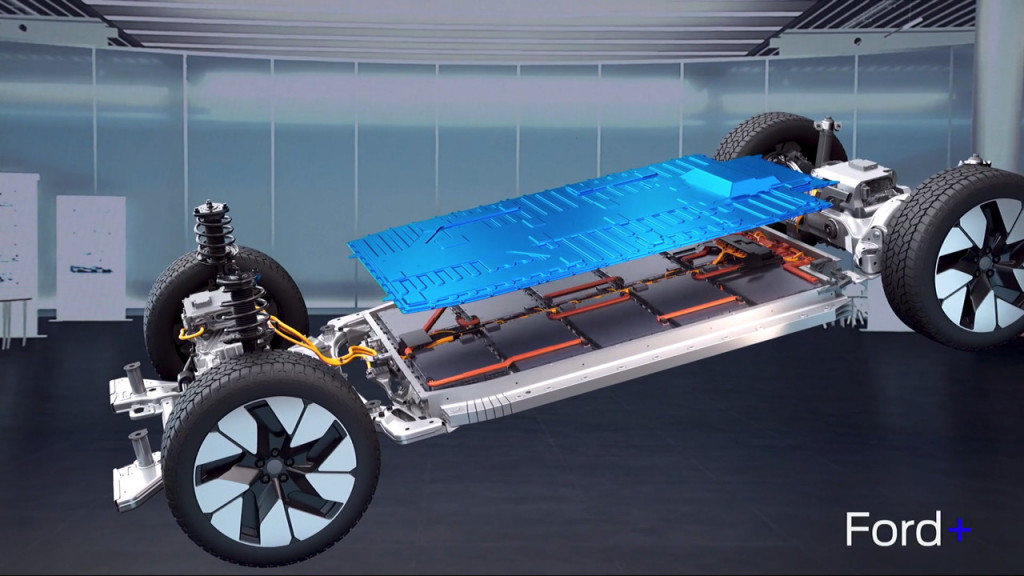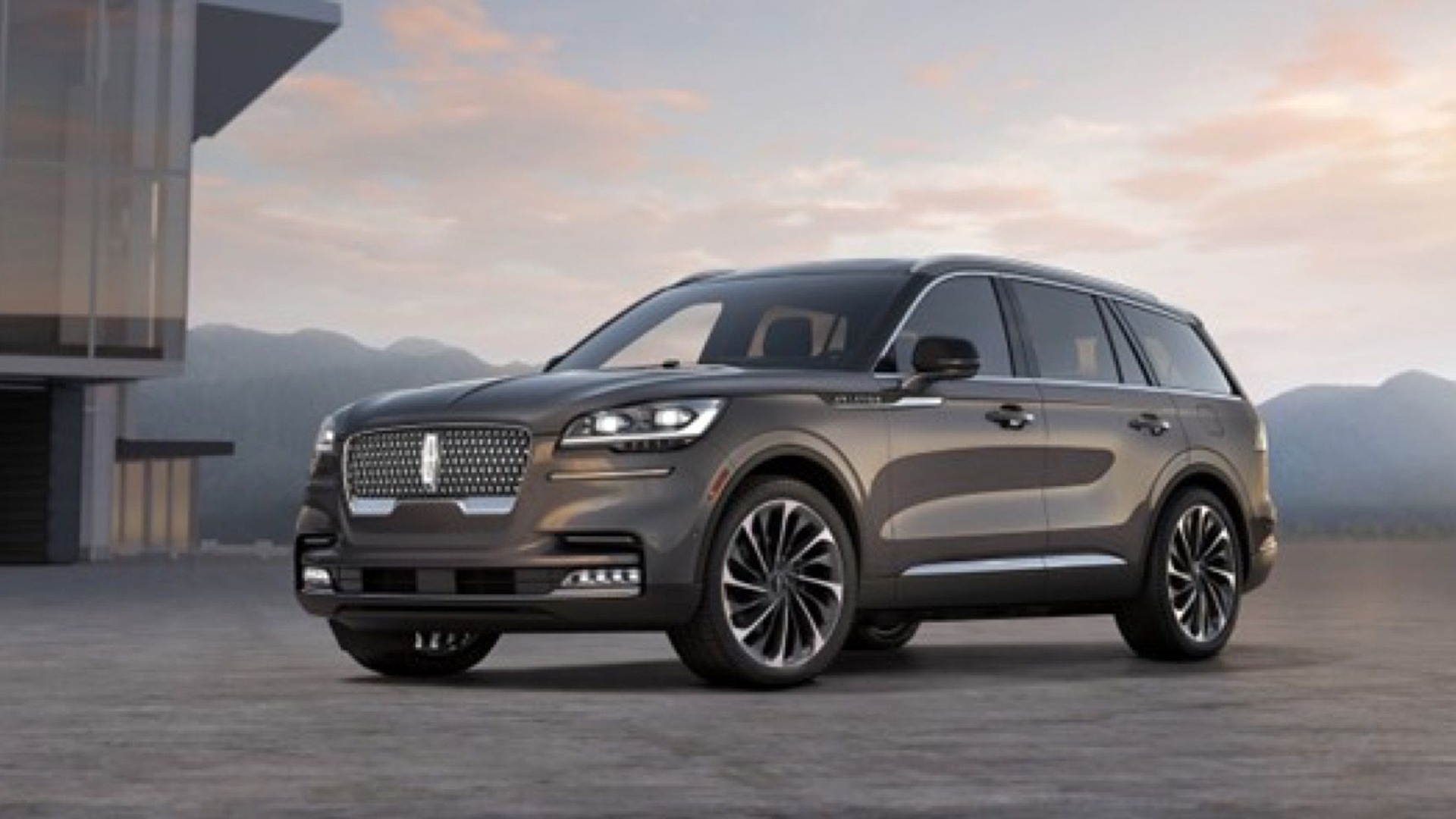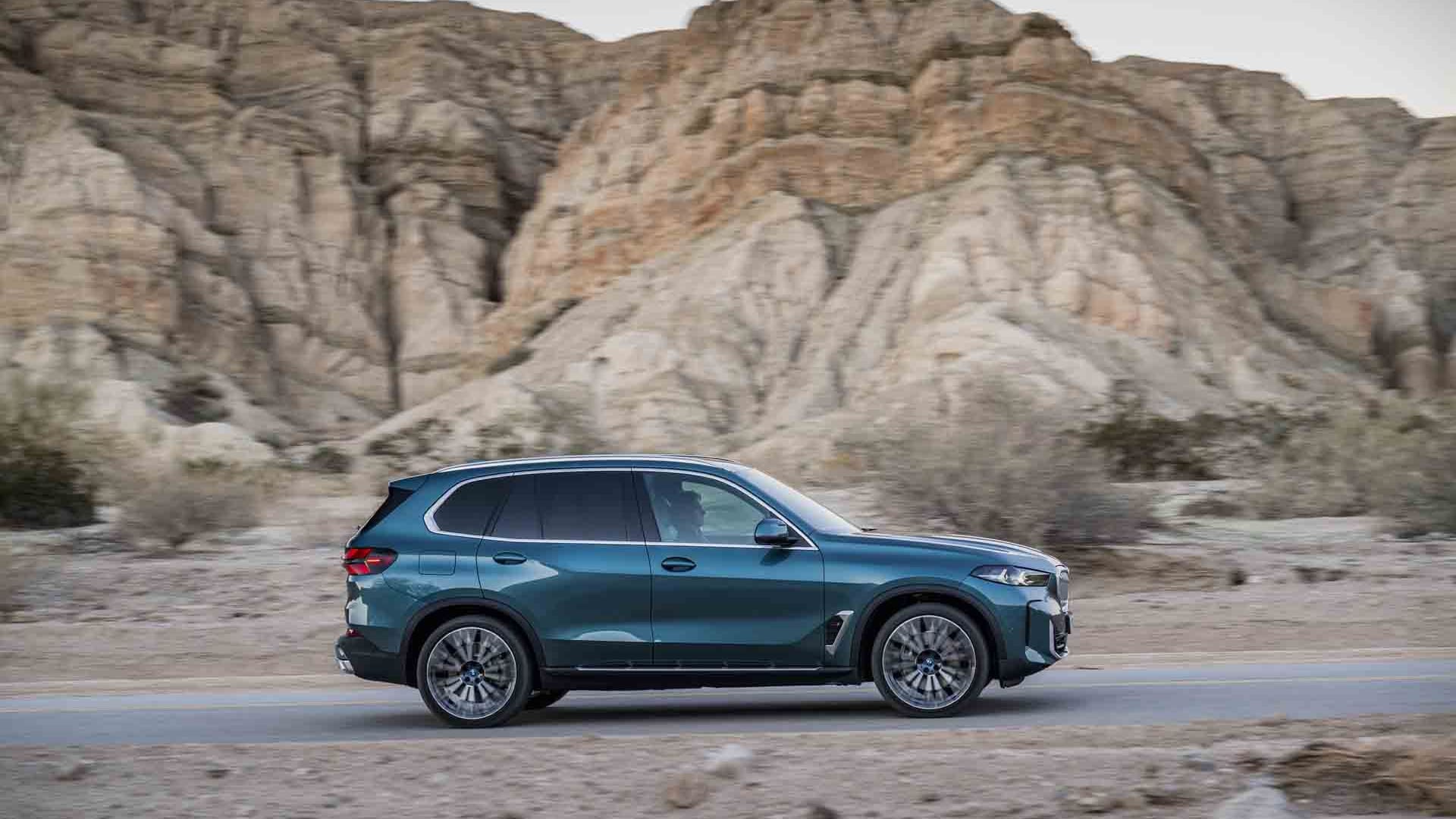Lincoln is a bit behind rivals in the race to launch electric vehicles, but it has bold plans to catch up.
Ford's luxury label will unveil its first electric vehicle later this year, expected to be an electric Aviator twinned with an electric Explorer from Ford.
They will ride on a new dedicated EV platform designed for mid-size unibody vehicles, and according to a recent report will start production in late 2024, meaning we should see them arrive as 2025 models.

Ford uni-body EV platform for mid-decade
Ford had originally planned to build them at its plant in Cuautitlan, Mexico, though a lack of capacity due to stronger than expected demand for the Ford Mustang Mach-E means they will now be built elsewhere. The most likely site is Ford's plant in Oakville, Ontario, currently home to the Ford Edge and Lincoln Nautilus.
Beyond the electric Aviator, Lincoln has confirmed plans for three more EVs to be launched this decade, though Reuters, citing multiple people familiar with the plans, reported last week that Lincoln has at least four additional EVs planned, all of which will be introduced through 2026.
The other EVs are reported to include electric versions of the Corsair, Nautilus and Navigator. The identity of the fifth EV wasn't mentioned but could be a crossover smaller than the Corsair, and possibly based on Volkswagen Group's MEB platform. Ford plans to use the MEB platform for a compact crossover for Europe.

Electric Lincoln logo
The electric Corsair and Nautilus could enter production in 2025 or 2026 at the Oakville, Ontario, according to Reuters' sources. They are expected to ride on an updated version of the Mustang Mach-E's dedicated EV platform.
The electric Navigator is expected to enter production 2026. It will be based on a dedicated EV platform being developed for body-on-frame vehicles, including a redesigned Ford F-150.
Ford has many more EV introductions planned for the coming decade, including potentially more EVs for Lincoln. The automaker is spending $30 billion through 2025 on electrification alone, and expects 40% of global sales to be made up by EVs by 2030. According to a recent report, Ford may even step up its electrification investment due to the higher than expected demand for its current EV offerings.



